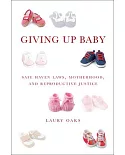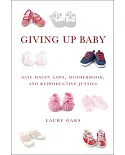This volume examines the neuropsychological effects of abuse and neglect on children and why they often commit violent crimes as adults, arguing that how humans are treated affects their brains
and how they treat others and that the law ignores an individual’s background and focuses too much on free will. The first section describes the basic neurobiological assumptions underlying the
author’s argument, including the fact that humans have evolved through processes of heredity, variation, and natural selection. It argues that the nature vs. nurture concept is inaccurate and
discusses the nature of mechanisms that create memory, including areas that control intentions, planning, and self-control, and also discusses what can occur in neurobiological development when
children experience abuse and neglect. The second section looks at contemporary jurisprudence of Anglo-American criminal law and the moral philosophy and folk psychology that underlie the
requirement for proving guilt beyond a reasonable doubt, the formalism and dualism in jurisprudence, the concept of choice in criminal law, and the concept of moral luck; the minimalist views
of competency and sanity in the criminal justice system, how it is an obstacle to understanding who the actor is that committed the crime, and the tension between choice and character; how
moral luck affects the development of a child and the nature of choice in this context; and how abuse and neglect affect moral development. The final section considers blaming and offers ideas
on how to reshape punishment. Annotation ©2014 Ringgold, Inc., Portland, OR (protoview.com)




